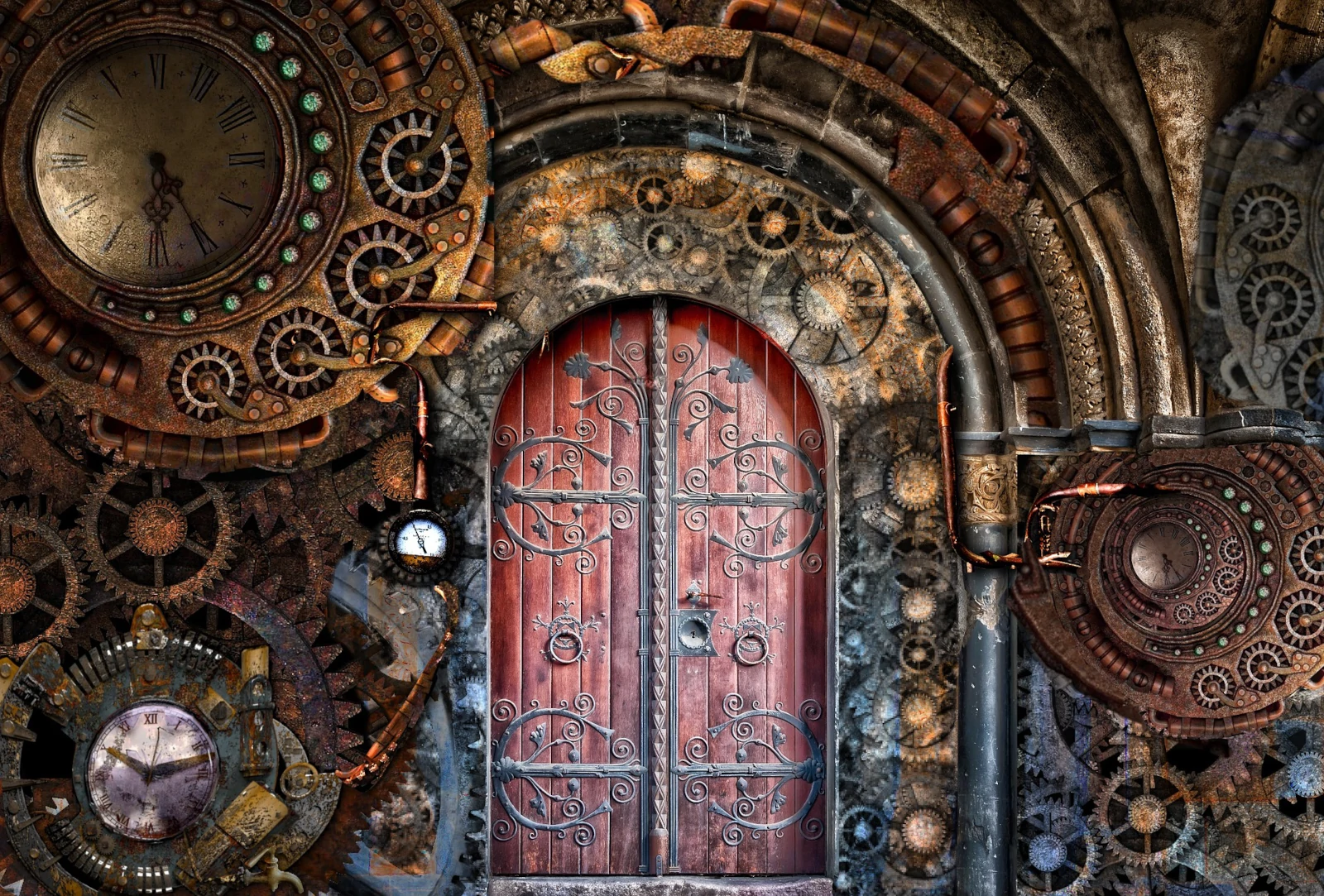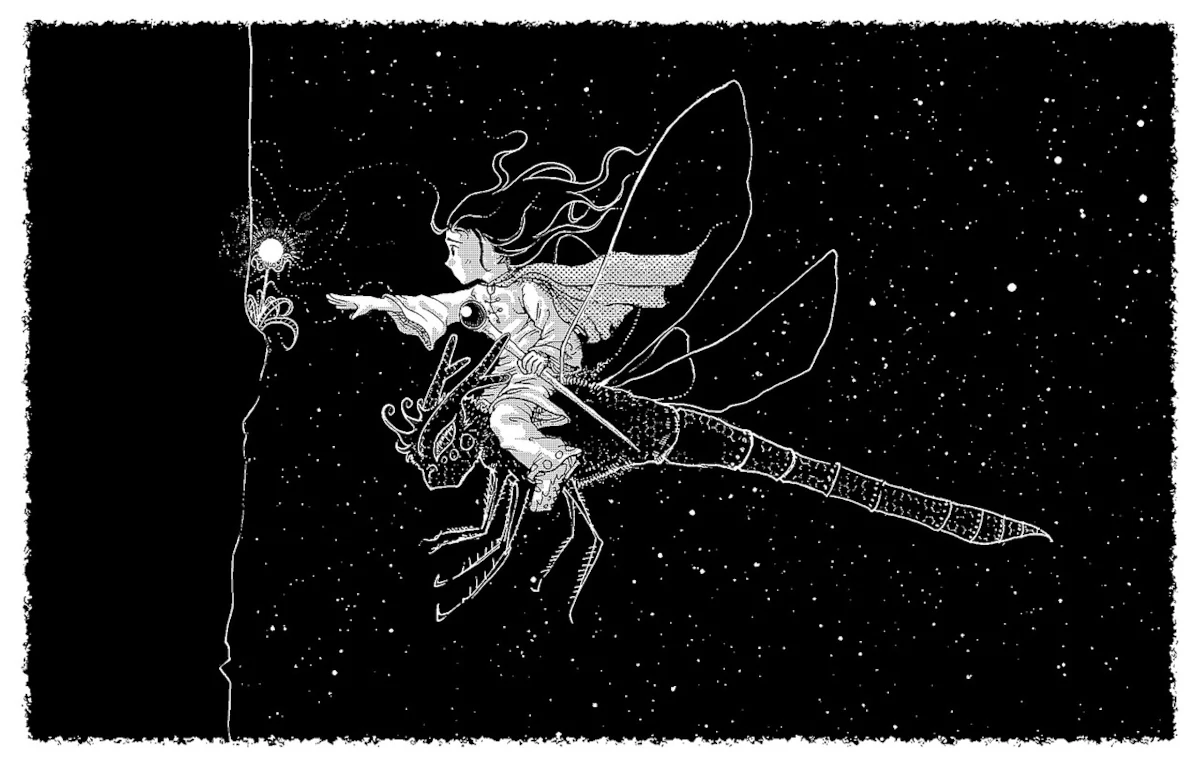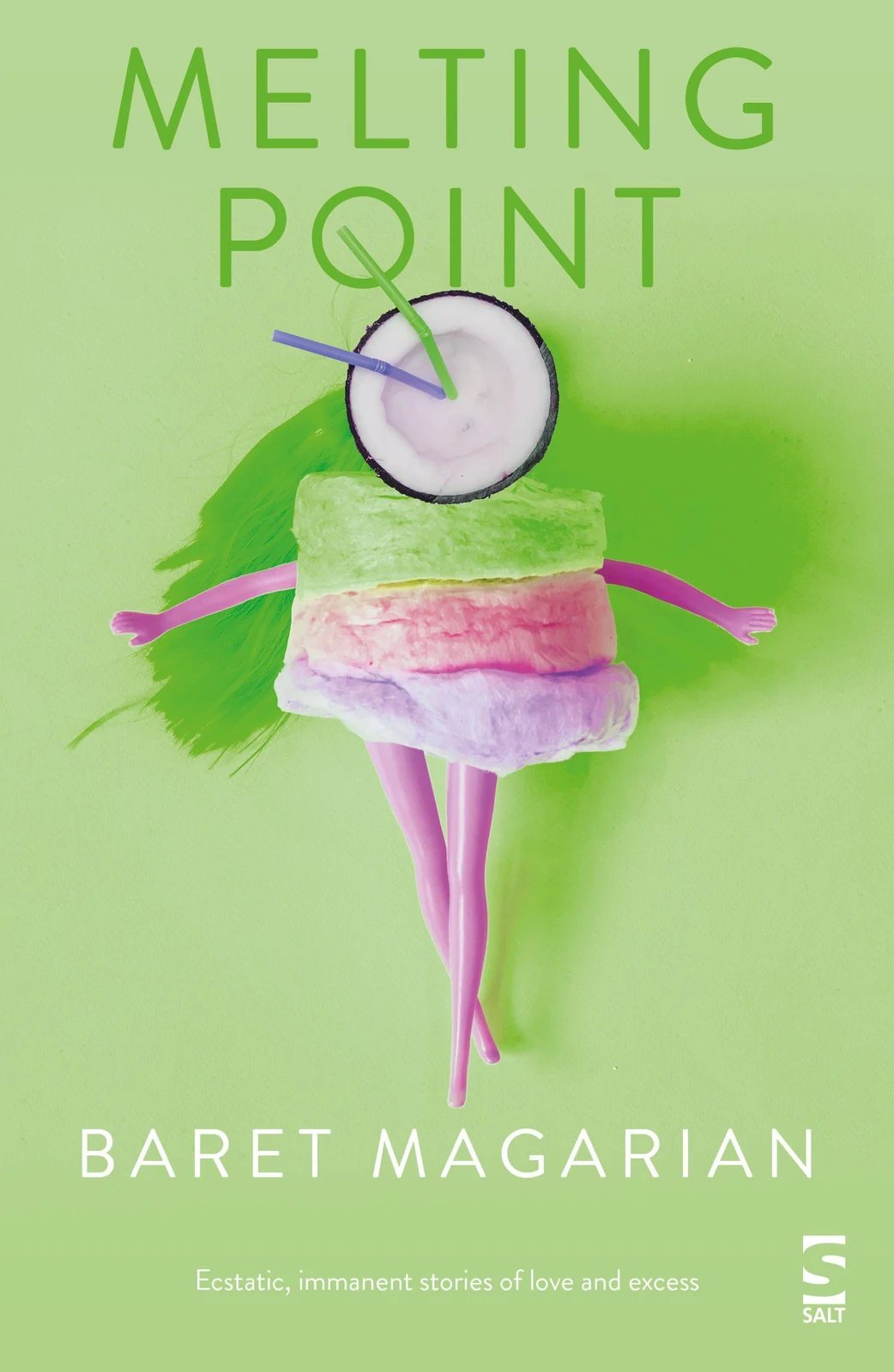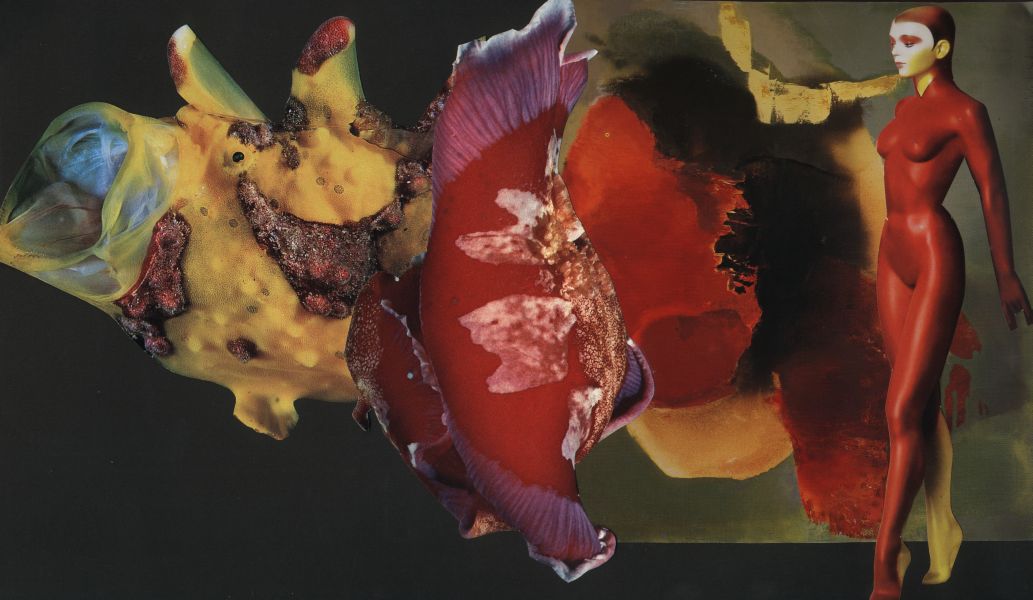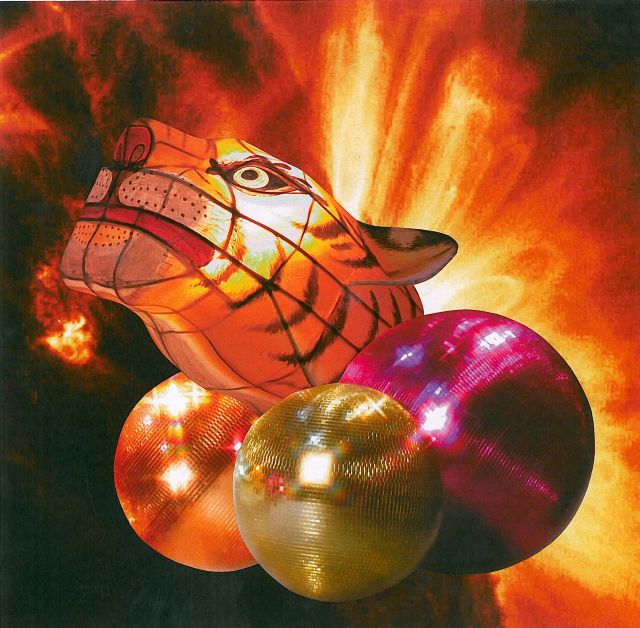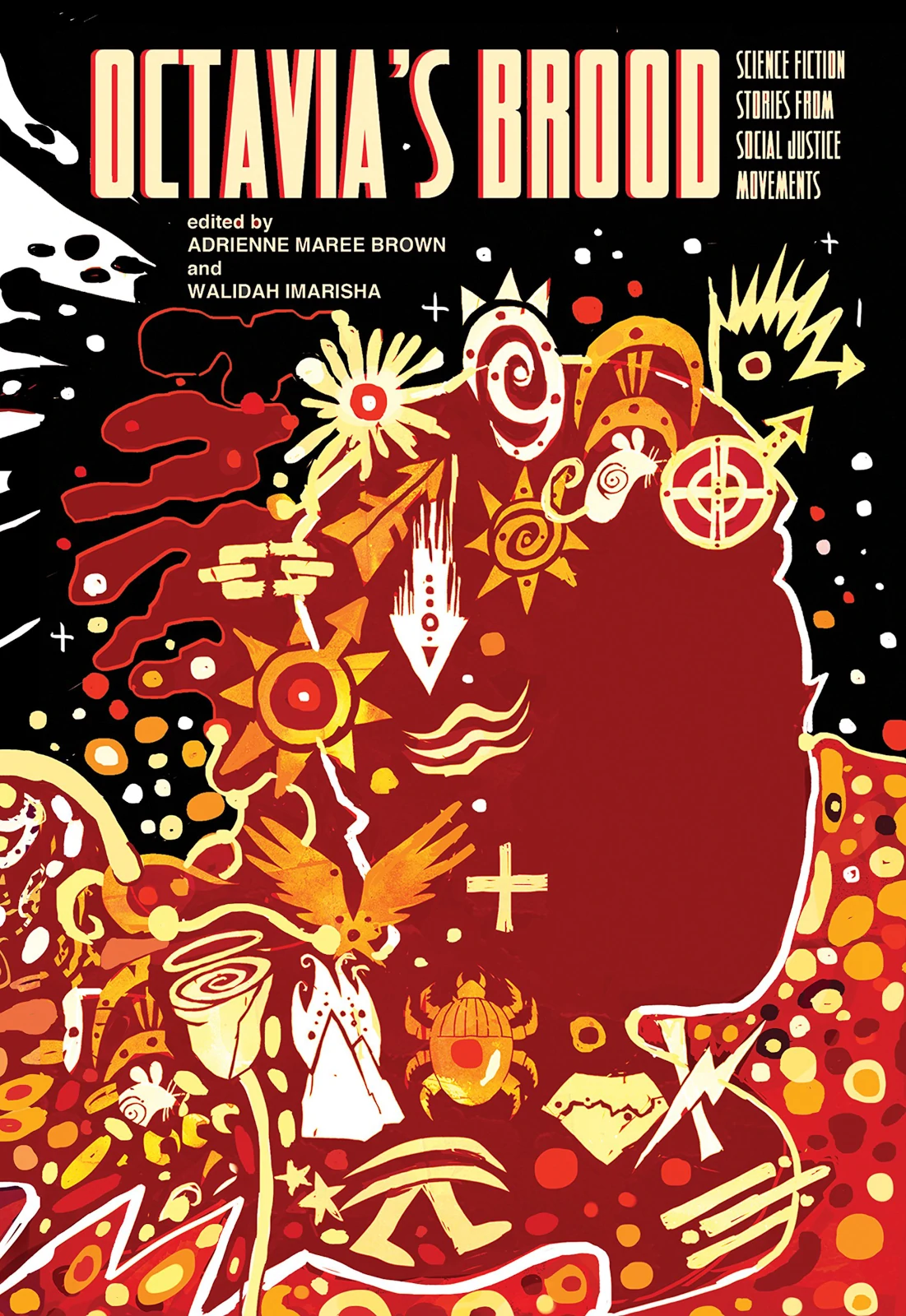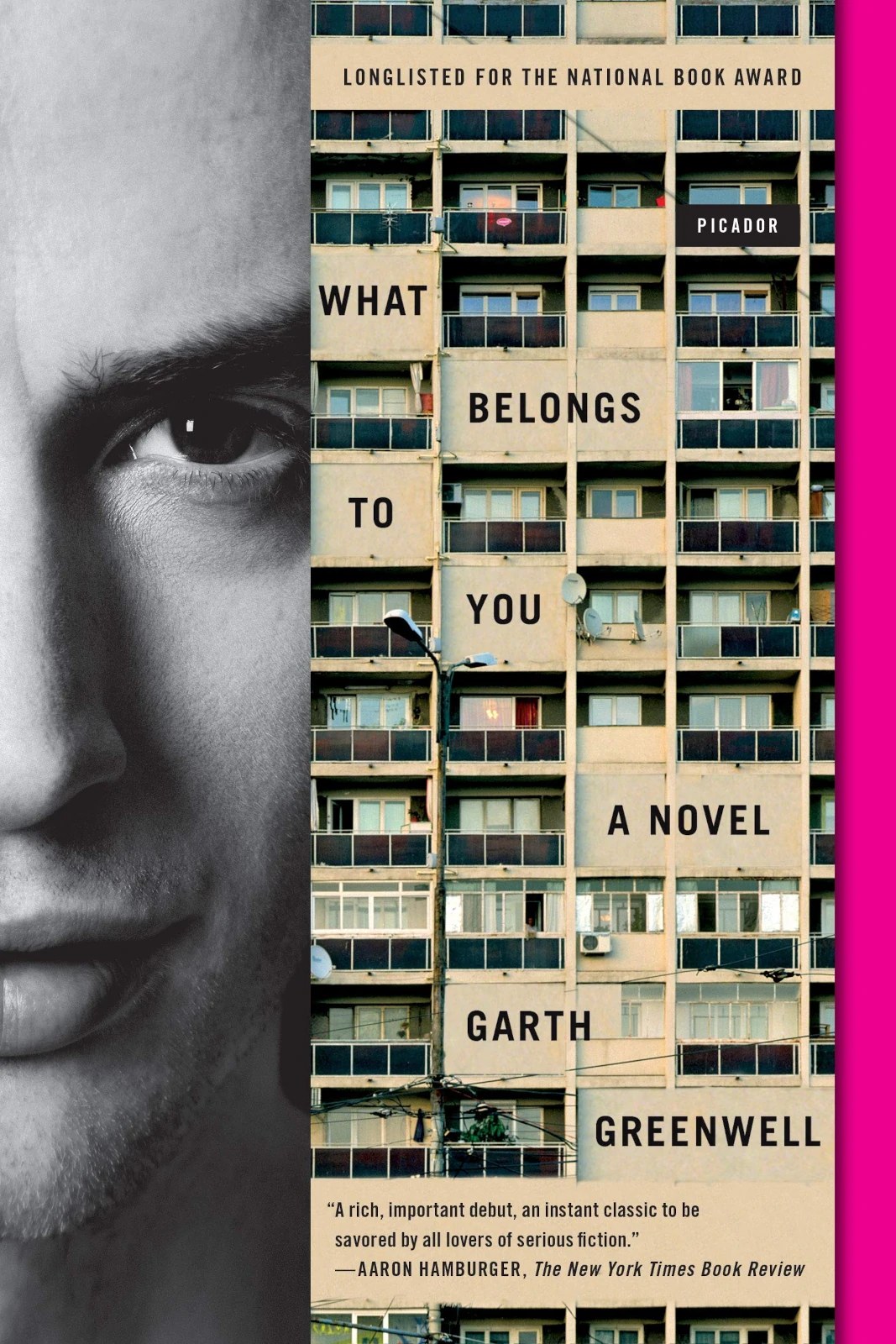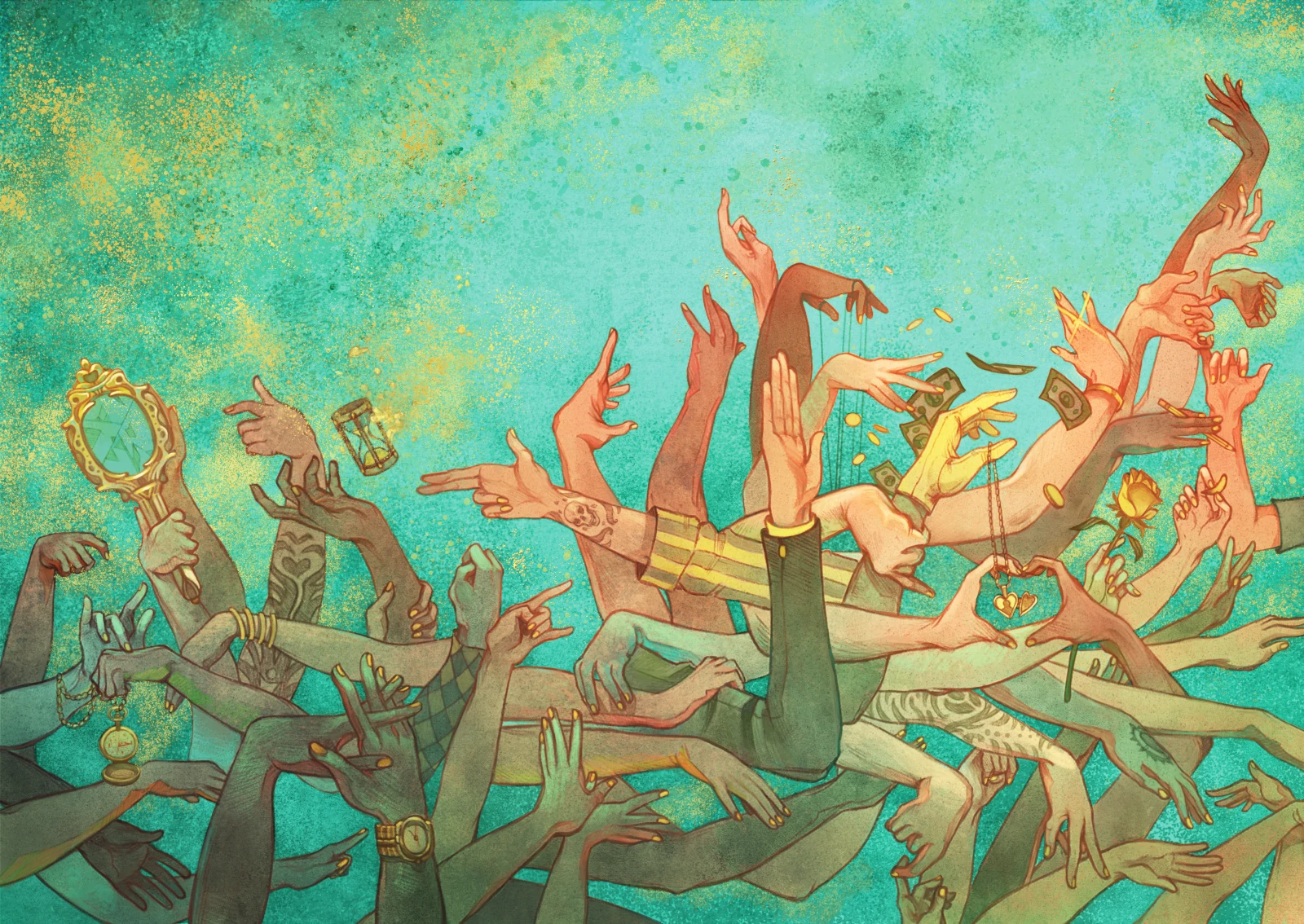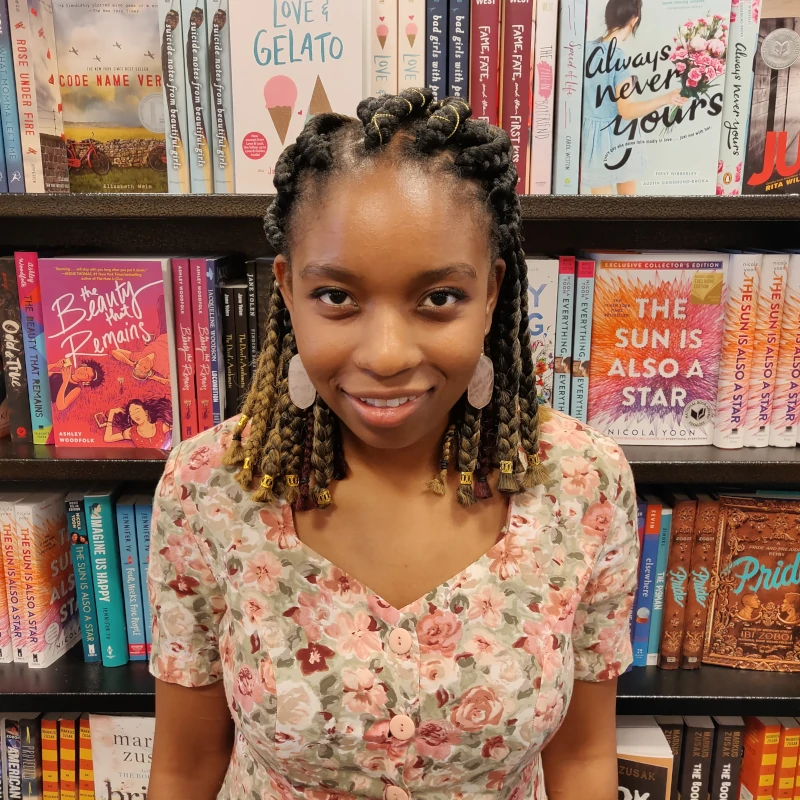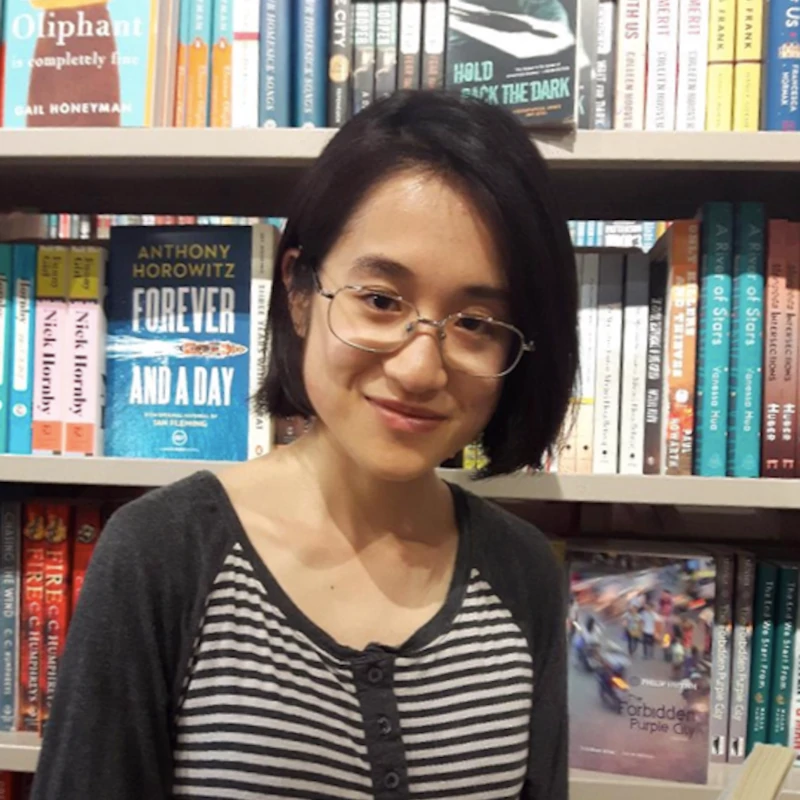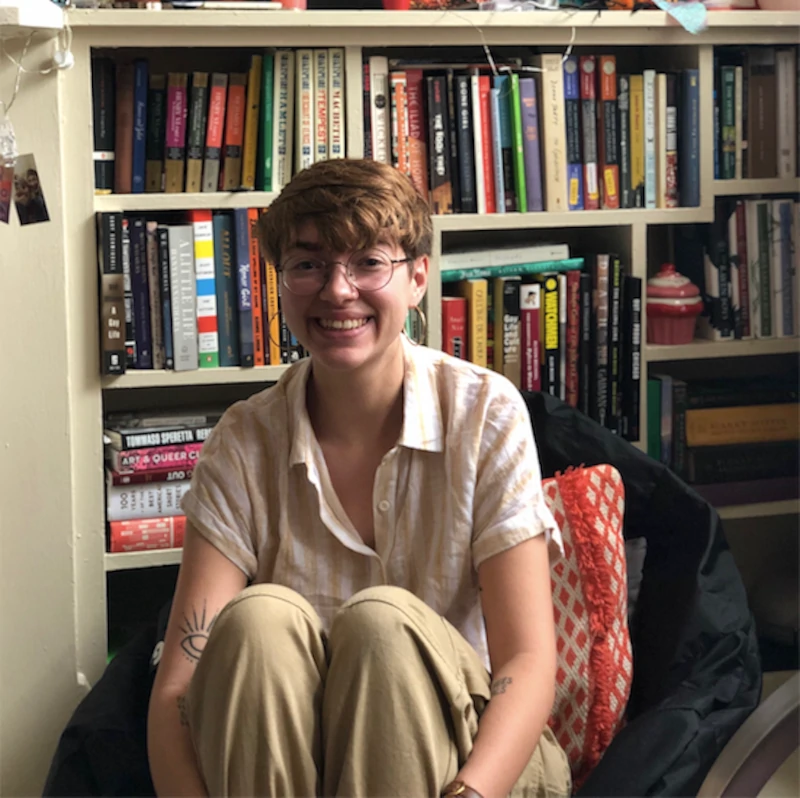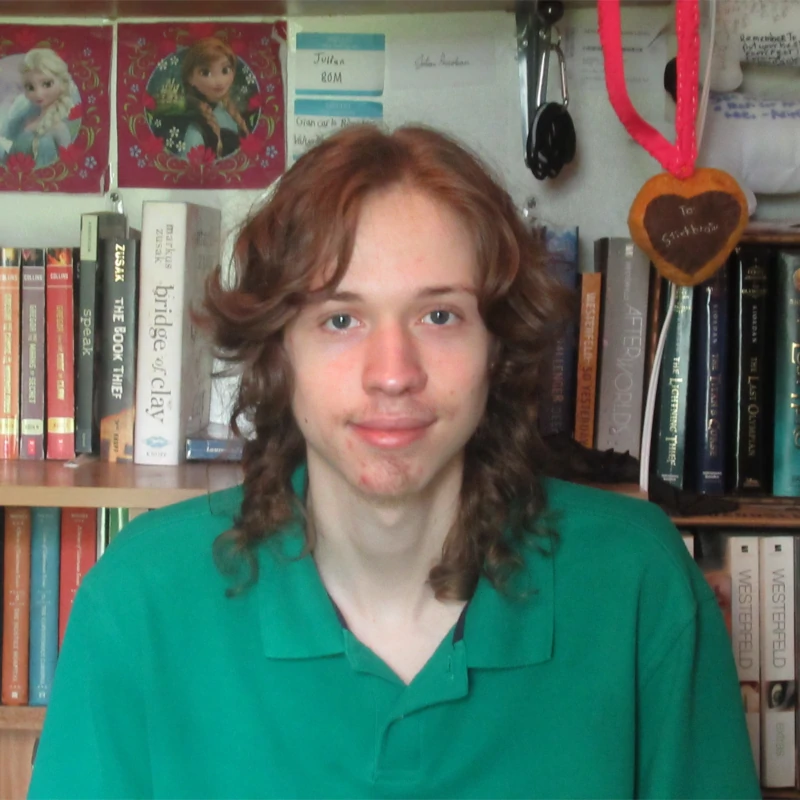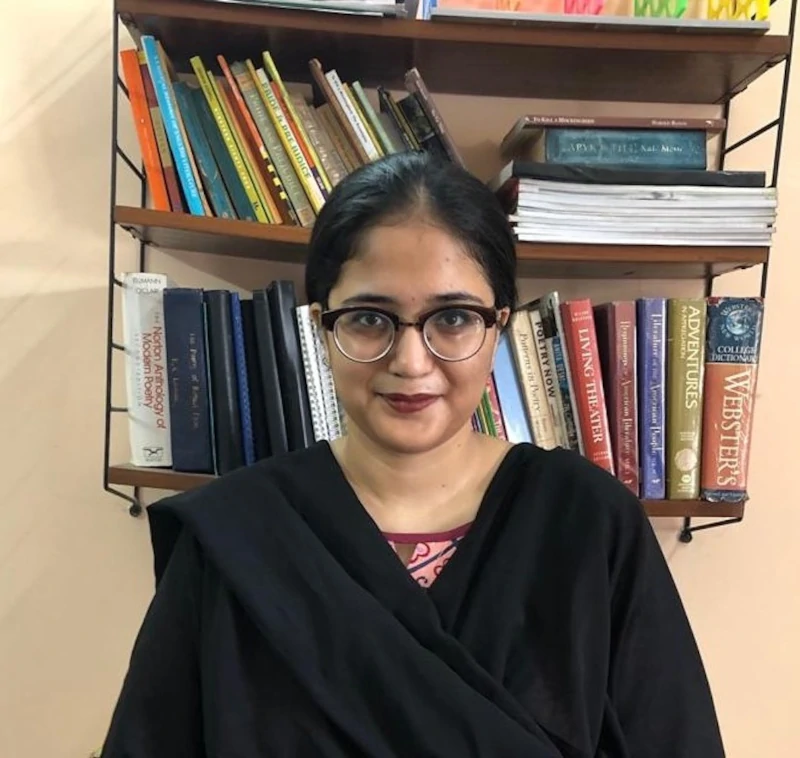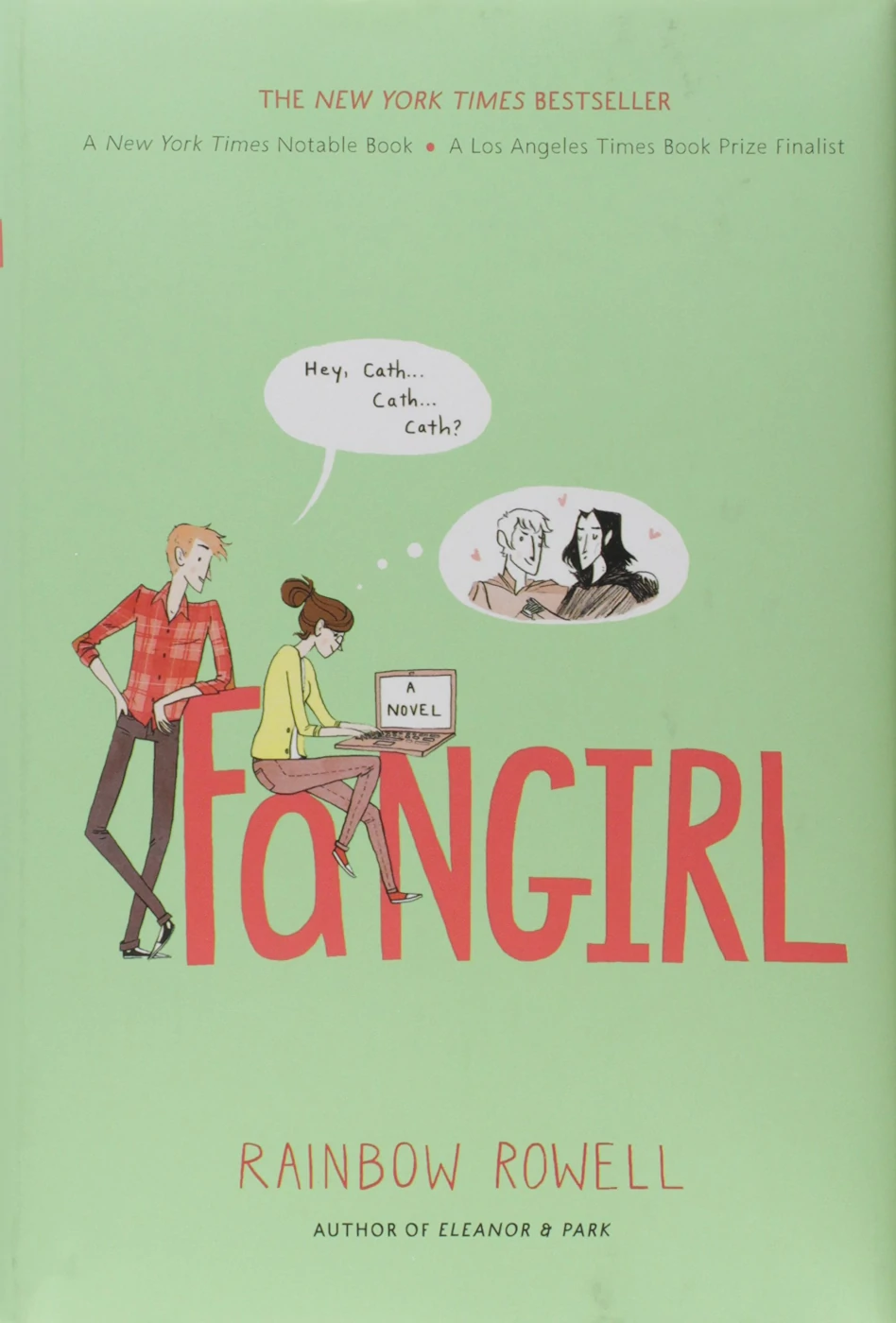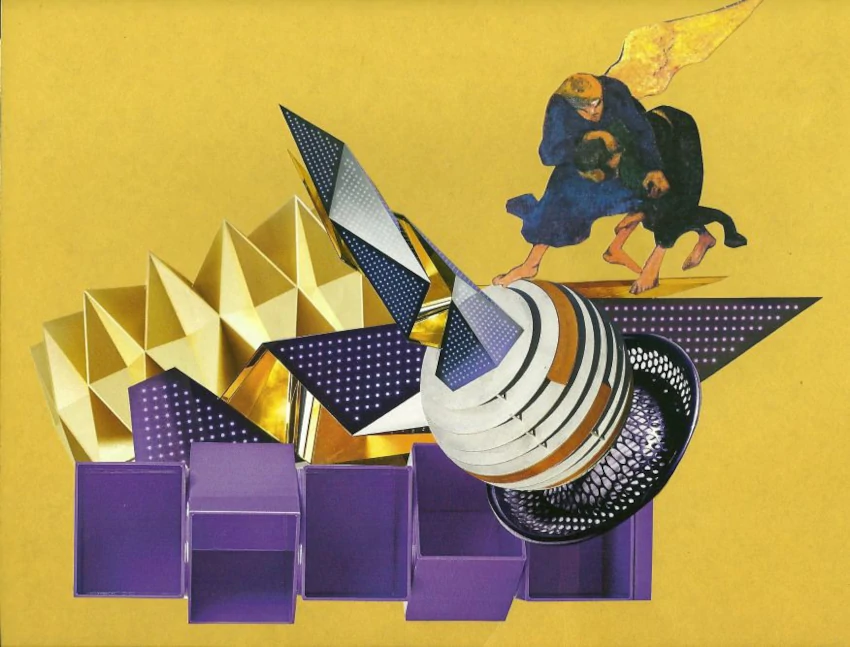
September Literary Horoscopes
Aries
The Ram / Courageous, Adventurous, Independent / Domineering, Selfish, Arrogant
These past few months have been full of ups and downs for you (talk about whiplash). In September, you might want to make some time for social events, feed those friendships you’ve neglected. I know you’ve had your Netflix pants on—who hasn’t, honestly?—but it’s time to go out and shake it!
…Or you could stay inside and read this lovely story pick. I’m not judging.
- Uncouple, by Tara Isabel Zambrano: Full of gorgeous imagery and striking prose, this one is an utter feast for the senses. Here’s a teaser for you: “The moonplant was glowing, pieces of quartz dangling like fruits. Leaning in, I saw sparkling orbits of flying debris, tiny fireworks underneath its membrane.”
Taurus
The Bull / Loyal, Friendly, Resourceful / Self-Indulgent, Possessive, Greedy
Last month might have been a doozy—you rocked those endless projects, my friend—but this month is all about exploring the great outdoors and finding solitude in nature. Indulge in a slower, kinder pace, and cap off September with a few mental health days. You’ve earned it, kiddo.
Before you commune with nature, though, check out your fantastical story pick.
- Death and His
Lover,
by Getty Hesse: This story takes a unique look at death, but it’s really about
love. The last line is killer, too (I’d make a pun right now, but I can’t—the
piece is that good). An excerpt to whet your palate: “Death sips Earl Grey. He prefers Oolong; it reminds him of his late
mother, Death before him.”
Gemini
The Twins / Intelligent, Adaptable, Creative / Moody, Opportunistic, Inconsistent
Expect to attend some obligatory family functions in September. Each one might feel like a Monday morning, but at least these shindigs tend to come with alcohol. Don’t forget one of the internet’s life rules: Vodka mixes well with everything, except decisions.
You could probably use a distraction right about now. This title alone will hook you, guaranteed:
- The Eye Eaters, by Matthew
Bailey: Shocking and insightful, this flash fiction piece says a lot with a
little. Each line is perfectly crafted without ever losing focus. I think it’s
only fair to show you: “When we find the
old fruit seller sprawled on his back, face a livid gray, I’m all for following
the proper rituals. But Ituani wants to eat his eyes.”
Cancer
The Crab / Honest, Generous, Faithful / Insecure, Needy, Crabby
Don’t be a Debbie Downer or give into any tempting negativity this month. Emotions might run high toward the middle of September, but remember to stand your ground. I know it doesn’t come naturally, so practice snapping those pincers!
And save this monthly read for when you need it most.
- Cerise Sky
Memories,
by Wendy Nikel: Some say you should look to the stars for inspiration. I tend
to agree, especially with standout stories like this one—it’s a star of its
very own. Since I’ve been handing out excerpts like candy today, it’s only fair
that I give you one, too: “I remember a
childhood that didn’t exist. Hot apple pies cooling on park benches. Small toes
pressed into scorching white sand. Snowball fights leaving crisp, crunchy ice
crusted in the collar of my coat.”
Leo
The Lion / Cheery, Noble, Imaginative / Demanding, Boastful, Melodramatic
Oh Leo, this month is going to be all about change for you. You might catch a breather with your friends, but otherwise? It’s going to be a little rocky. Cheer up, though—the worst is yet to come! (I kid, I kid.)
Start embracing change with this eloquent story pick.
- Metamorphoses, by Kathryn Kulpa:
This one cuts deep but also sparkles with fluid prose and breathtaking imagery.
See for yourself: “Fling her into
the heavens, let her shine. Let her burn so bright she won’t regret losing the
skin she wore when she walked on the earth, the legs that carried her
everywhere but couldn’t carry her away.”
Virgo
The Maiden / Practical, Diligent, Kind / Obsessive, Self-Righteous, Compulsive
September will be smooth sailing for you, Virgo. The forecast is sunny skies without a cloud in sight. The universe is in your favor till late September, when it will drop you like a hot potato for Libra. Er, until then, seize the day and have some fun!
First order of business: skip your chores and read this delightful story.
- Huntress, by Alpheus Williams: Gorgeously crafted with a dark underbelly, this flash fiction piece is a joy to read. I’m all about sharing the love: “She walks in gardens, vegetables and fruits lean towards her pleading to be plucked, flowers brighten, birds erupt in song. Under a full moon, my mother, archer and hunter, leads me into woods, dense, dark and leafy.”
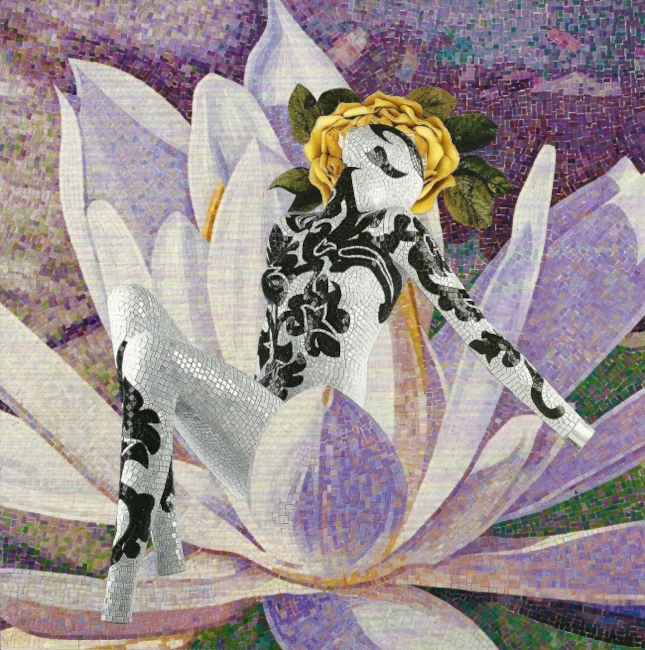
Libra
The Scales / Compassionate, Trustworthy, Peacemaker / Disorganized, Materialistic, Indecisive
You’re probably feeling distinctly zombielike after the disaster that was August. You survived, you balanced thing, you, and now it’s time to treat yourself to a little glamour. Whether that means daily bubble baths, high-thread-count sheets, or something in between, the beginning of fall will be a time of delicious indulgence.
Speaking of indulgences…
- The
Geology of October Children, by Faye Sabrage Brontide: Every single word of this
poem is carefully chosen, and it shows—each line feels like it carries its very
own heartbeat. I just can’t resist dropping these teasers today: “October Children are moonmilk / veins and a thirst for
fire. / Amber eyes by a flashlight’s beam, / fossilized resin seaming / opaque
shards with murky light / yellow beneath layers of crust.”
Scorpio
The Scorpion / Purposeful, Charismatic, Cunning / Aggressive, Manipulative, Possessive
Last month might have been all about future plans, but this month is the perfect time to live in the moment! Now, don’t groan; it’s not polite (I’m winking, if you can’t tell). Set aside some time for your passions and get creative. And no, trying out a new cereal brand doesn’t count.
Well, maybe it does a little.
- This Story Is Not About You, by Jeremy Bibaud: When you need
a break from staring at an empty Word document—we’ve all been there—check out
this mysterious yet achingly relatable read. Sample it here: “You stand by the river, its depths three shades of
blue and full of life. The sun warms your face. You think of her and imagine
expressing thoughts buried so deep dust will gather on your lips.”
Sagittarius
The Archer / Straightforward, Optimistic, Adventurous / Careless, Impatient, Hotheaded
The daily grind might get to you within the first few weeks of fall. Keep your chin up and party hardy during that night out you have planned. When you’re not letting your hair down, try to stay inspired with some good ol’ exercise (c’mon, those spandex shorts are collecting dust).
If you’re still not feeling inspired, remember your daily routine: get up, be amazing, go back to bed, repeat. And don’t forget about your story pick…
- Spacious Skies, by Emily Livingstone: This piece is wild and imaginative,
but also deeply resonant with a gut punch of an ending. Check it out, if you
dare: “When the jellyfish ate people, the red flesh of their bodies
showed up in the transparent stomachs, hovering like bad weather over their
loved ones down below.”
Capricorn
The Mountain Sea-Goat / Traditional, Responsible, Ambitious / Unforgiving, Blunt, Pessimistic
Whew, the butter-side-down days are over! Like the end of summer, you’ll welcome a crisp fall breeze with a smile on your face. You might have been dodging personal and professional landmines last month, but September looks like a time of recovery and stability. Get lots of rest, or go to town on those to-do lists—whatever makes you happy, friend.
You could also check out this monthly read, handpicked just for you.
- Knife Wife, by Matt
Leibel: I’m 99% certain that this flash fiction piece is unlike anything you’ve
read before. Here is an excerpt, you lucky duck: “She became an insomniac
dicer, a focused maniac with knives in her eyes. She entered a national
competition, and chopped her way to the top.”
Aquarius
The Water-Bearer / Intellectual, Open-Minded, Outgoing / Unpredictable, Self-Conscious, Chaotic
Don’t worry about any gossip you might hear at the workplace. After all, you’re fluent in two extra languages: sarcasm and profanity. Plus, you’ll be rewarded for good behavior around the height of the month. Not only will you have a week of great hair days, but that flirtation with your favorite barista just might turn into the cutest date ever.
While you’re waiting in line for your tenth coffee of the day—ha, I see what you’re doing—pull up your story pick for September.
- Little Will, by Patricia Q. Bidar: The beats of this story are as
unexpected as they are intriguing. The last two paragraphs are particularly
seamless. Let’s start with the beginning: “Will was born as a
little friend for his mother. His scorched hometown was the site of an oil
boom, and the murder capital of the country.”
Pisces
The Fish / Charitable, Intuitive, Artistic / Timid, Impractical, Indolent
Good news, Pisces! Your health issues should clear up by the start of the month. Go outside and enjoy some fresh air and sunshine before winter hits. After all, winter is coming. (Too soon? Yeah, too soon.) Anyway, you do you, and save this flash fiction piece for some bedtime reading.
- Night in Saint-Cloud, by Melissa Goode: Beautiful and nostalgic, this piece will leave you longing for more. Because I live to tease, here’s my twelfth story teaser of the day: “The drapes are open and the moonlight floods in silver–blue–lilac. Your chin in your hand, you look out the window to the river, the golden light of a faraway bridge. You startled me, I say. You turn, your face a blur, backlit by the too-bright night sky.”
